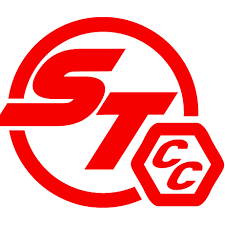The Aston Martin Valkyrie has been shown in its most production-ready form yet, with headlights on the car for the first time.
The car is around 90% production ready, according to an Aston Martin spokesman; the remaining 10% is likely to be final tweaks to the car’s aerodynamics as development of the lights and other road-essential features are rounded off.
Braking will be handled by Alcon and Surface Transforms calipers and carbon discs, while Bosch will supply the engine control unit (ECU), traction control unit and electronic stability program (ESP) systems. The tyres are Michelin Pilot Sport Cup 2s wrapped around 20 and 21in wheels. Wipac, a British LED lighting manufacturer, has developed the car’s headlights and tail-lights.
Surface Transforms plc (LON:SCE) is a manufacturer of next-generation carbon-ceramic brake discs for automotive and aircraft applications and has been certified to IS9001-2000 since 2008 and was certified to TS16949 automotive quality accreditation and AS9100C aerospace quality accreditation in 2015.

